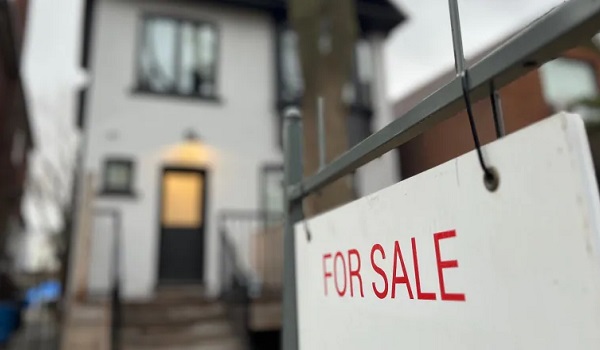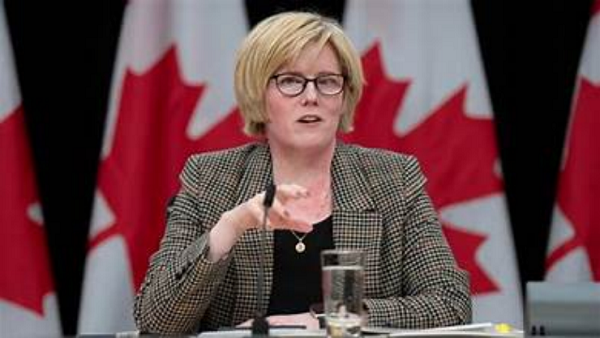In a bid to improve health care for marginalized populations Black physicians find themselves in racialized communities
Marie Claud Felicien immigrated to Canada from St. Lucia as a teenager in 2000. As newcomers not yet covered by public health insurance, her family avoided simple visits to the doctor, because they were forced to pay $60 to $70 out-of-pocket for appointments, Ms. Felicien said.
No one suffered a major health crisis during this time, but worry over incurring medical expenses added to her family’s stress. That experience informed how Ms. Felicien treated her patients when she worked as nurse and now shapes the ethos at Women’s Health in Women’s Hands (WHIWH), a community health centre for racialized women in Toronto, where she serves as director of primary health care services.
“Many people don’t realize that newcomers have to pay out-of-pocket for medical services until they are covered by the Ontario Health Insurance Plan,” Ms. Felicien said.
Like her and her family, a majority of the clients that Ms. Felicien serves at WHIWH are Black women from the Caribbean or Africa, seeking medical care as they navigate the immigration process. Despite that, among its current staff – two nurses, six medical doctors and three nurse practitioners – the clinic only has one Black medical clinician, a nurse.
Ms. Felicien recognizes that health care systems don’t serve all patients equally, and sees the value of having health practitioners and health care workers reflect and understand the experiences of their patients.
“It’s something we have been trying to solve, so that our patients feel more comfortable with doctors and nurses that look like them and might share their experience,” Ms. Felicien said.
Her clinic is one of six community health centres in the Greater Toronto Area that are part of the Community Health Centre Education Program (CHCE), which places first- and second-year Black medical students at community health centres across Ontario. The program is run by the Black Physicians’ Association of Ontario (BPAO).
There are 75 community health centres across Ontario, each incorporated as a non-profit with a primary focus on improving the health and well-being of populations that face barriers accessing health services, according to the province.
The CHCE’s nine-week education program – now in its second year – immerses Black medical students in one of the six publicly funded community health centres near Toronto that are dedicated to providing health care and other vital services to Black and racialized people experiencing homelessness, newcomers, refugees, low-income individuals and others who need help. The program gives them experience in providing care to racialized communities and allows them to learn about a career path at a community health centre (CHC).
A key part of the program is to raise awareness of the need for Black doctors at CHCs, says Chenai Kadungure, executive director at the BPAO, a not-for-profit that strives to combat racialized health disparities.
According to a 2021 literature review published in the Canadian Journal of Science, Mathematics and Technology Education, Black patients report better experiences and increased satisfaction of care when interacting with Black physicians as opposed to white physicians.
“We want Black medical students to know that there are other avenues to providing medical care and making an impact outside of the popular career paths like being a surgeon or working in a hospital,” says Ms. Kadungure.
Toyemi Opeoluwa-Calebs, a third-year medical student at the University of Toronto, had been looking for ways to be more connected to her community in the city.
“When I heard about the CHCE program, I knew it was the perfect opportunity for me to get to know the people working in the CHC space and to also get to know the community,” says Ms. Opeoluwa-Calebs, who came to Canada from Nigeria as an international student in high school.
Ms. Opeoluwa-Calebs was the first to complete the nine-week summer employment program in 2023.
In 2024, the program will be rolled out across all medical schools in Ontario and will offer five Black medical students a chance to work at one of the CHCs in the Greater Toronto Area. For their participation over the summer, Ms. Kadungure says the students will receive $5,000 each.
“It gives the students a chance to work in the medical field over the summer and gain hands-on experience that they won’t be marked on at school,” she says.
At WHIWH, Ms. Felicien said the CHC provides care to women with low incomes, those new to the country, women with HIV and women without health insurance, with a priority for women from African, Caribbean, Latin American and South Asian communities.
“Without knowing where to turn, many of them do not get medical attention, which can make their needs worse,” Ms. Felicien said.
This article was first reported by The Globe and Mail
















